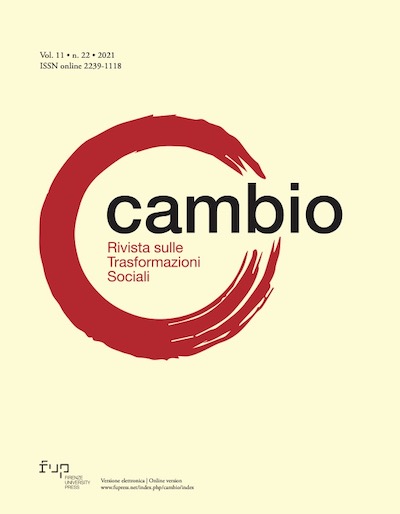Civilising Pressures in Globally Expanding Networks of Functional Interdependence: Power Inequalities and Equalities.
Published 2022-08-03
Keywords
- Norbert Elias,
- functional democratisation,
- globalization,
- civilizing processes,
- civilizing pressure
- competition and interweaving,
- differentiation and integration,
- disintegration,
- defunctionalisation,
- dominant and co-dominant trends,
- equality and inequality ...More
How to Cite
Abstract
Over the past three hundred years, with the emancipation of people as individuals and groups, social definitions of differences in inequality and equality -particularly those in social and political power, wealth and rank - have increasingly shifted from being designated as ‘bad luck’ in the direction of ‘social injustice’. These are now debated as signs of changing social power relations, both in economic and political terms. On a global level, increasing inequality is reported to coincide with the reduction in these relations, while integration coincides with integration conflicts and with part-processes of disintegration, defunctionalisation and decivilisation. These contradictory directions can be understood by analysing them as tension balances. Two key questions are addressed here: Which side is (or becomes) dominant? At what level of integration does this occur? I show how the contradicting trends of integration and disintegration have been co-dominant: growing social interdependencies such as those based upon the controls of fire, agriculture and industry, have coincided with growing ‘equality’ and ‘inequality’ in power, wealth and rank. They coincided further with rising pressures on everyone involved to take more of each other into account more often, to develop longer-term perspectives, and to identify with other people regardless of their social origins. These pressures in civilising directions include the informalisation of regimes of manners and emotions and their internalisation, processes in which people exercise increasing control over their emotions, feelings and displays of superiority and inferiority in particular, resulting in rising levels of ambivalence and higher levels of trust and distrust.


